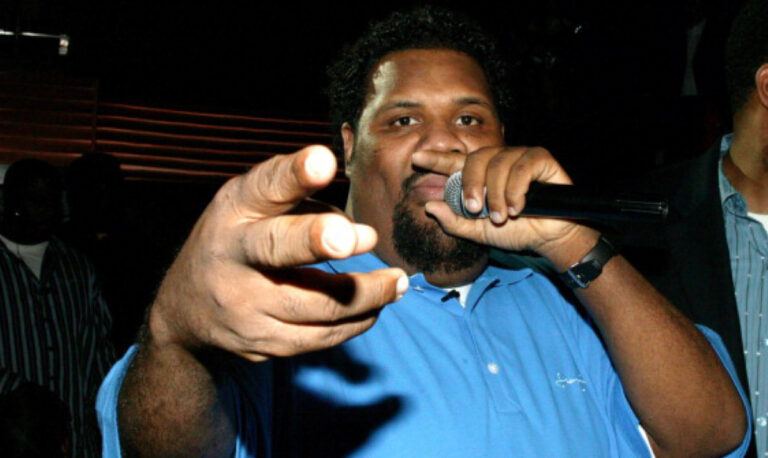A Painful Chapter in History
Palm Springs, California, has taken a significant step in reckoning with its past by agreeing to pay $5.9 million in reparations to Black and Latino families. These families were forcibly removed from their homes during the 1950s and 1960s, when entire neighborhoods were burned and bulldozed in the name of urban renewal and redevelopment.
The victims lived in an area historically known as Section 14, a vibrant community largely occupied by working-class Black and Latino residents. For decades, families have carried the scars of displacement, loss, and systemic exclusion.
Acknowledging the Wrong
The reparations announcement comes after years of advocacy and legal battles spearheaded by community leaders and descendants of the displaced families. City officials, including Mayor Grace Garner, emphasized the importance of this moment.
“We can’t undo what was done,” said Mayor Grace Garner during a press conference. “But we can begin to address the harm and work towards healing.”
How the Reparations Will Work
The $5.9 million fund will be distributed among surviving residents and their descendants. Each eligible individual or family can apply to receive compensation, which city leaders hope will provide a sense of restitution. Alongside the financial payments, the city plans to launch initiatives aimed at preserving the history and culture of Section 14.
Community activist Dolores Rodriguez, whose grandparents were displaced, called the announcement “a step forward,” but added, “This is just the beginning of what needs to be done for justice.”
The Human Cost
James Wright, a 78-year-old former resident of Section 14, vividly remembers the trauma of being forced out of his childhood home. “They didn’t just take our homes,” he said. “They took our sense of community, our memories, our safety. That kind of loss stays with you forever.”
A National Conversation on Reparations
Palm Springs’ decision aligns with broader discussions about reparations across the United States. Cities like Evanston, Illinois, and Asheville, North Carolina, have also implemented reparation programs aimed at addressing systemic injustices faced by Black communities.
Reparations advocate Dr. Cheryl Grills sees this as a hopeful sign. “When cities start acknowledging historical harm and putting resources behind reparations, it sets a precedent for others to follow,” she said.
A First Step in Healing
While the reparations are welcomed by many, there are calls for further action to ensure lasting justice. Critics argue that money alone cannot repair the emotional and cultural damage inflicted on these communities.
For families like that of Dolores Rodriguez and James Wright, however, the reparations represent acknowledgment and accountability. As Palm Springs moves forward, its efforts will likely serve as a model for other cities grappling with the legacy of racial injustice.
Want to stay informed on stories like this? Subscribe to www.thetalklounge.com for more updates on social justice and breaking news!







